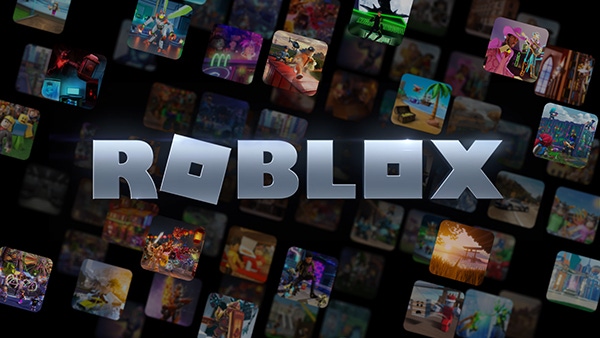Trending
Opinion: How will Project 2025 impact game developers?
The Heritage Foundation's manifesto for the possible next administration could do great harm to many, including large portions of the game development community.
Roblox's reported bookings dipped four percent for the second consecutive quarter.

Roblox Corp.'s financial results for the second quarter of fiscal year 2022 have revealed that in-game spending (referred to as "bookings" in the financial world) dropped four percent year-over-year. That's the second quarter in a row where that key metric has nudged downward.
In the bigger financial picture, Roblox still has a lot going for it. During the three-month period ending June 30, 2022, its overall revenue rose 30 percent year-over-year to $591.2 million, and the average number of daily active users (DAUs) rose 21 percent year-over-year to 52.2 million.
But neither of those shiny numbers can distract from the decline in bookings. In Q2, Roblox only earned $639.9 in bookings, a decline of four percent from the same quarter in 2021.
That means Roblox Corp. is bringing in more players, but those players aren't spending as much in-game. The company's stock value dipped 15 percent from $47 per share to $40 per share in after-hours trading. That's a smaller drop than we saw back in February, but it still reflects market wariness about Roblox's financial future.
Roblox Corp. regularly provides key metrics from the month following quarter-end to help investors (and journalists) learn about how the company is doing right now. In July, revenue rose about 25 percent to $205 million, and bookings rose between 8 and 10 percent, pegged at somewhere between $243-$247 million.
DAUs continued to rise, going up 25 percent to 58.5 million from July of 2021.
Roblox Corp. reported a consolidated net loss of $178.7 million, which means it lost 24 percent more money than in Q2 of 2021.
But the story of Roblox still isn't one defined by its losses. Its rapid growth of (young) players and high in-game spending are still what drive investment in the company, and those metrics should grow if it can execute on its primary goals.
Company CEO David Baszucki said that the studio (publisher? platform owner? all three disguised in a trench coat?) "continue[s] to make progress on key operational and product initiatives to enhance the long-term value of the Roblox platform."
Chief financial officer Michael Guthrie said that the company is "focused on investing in strategic areas that we believe will drive platform growth and monetization." He added that there's "tremendous opportunity" in defining the future of "this new immersive co-experience category."
"Co-experience category" is a phrase that's popped up in Roblox Corp. promotional material since at least 2021, and it seems to be an alternate branding for "metaverse." Earlier in 2022, Baszucki wrote in Harvard Business Review that the next co-experience represents "nothing less than the realization of the next phase of human interaction."
But are "co-experiences" the foundation of a viable business model? Roblox's biggest competitor in the "defining the next phase of online interaction" space, Meta, is grappling with the uncomfortable reality of tossing billions of dollars away on its Reality Labs division.
Roblox Corp. doesn't carry the weight of one of the world's few successful virtual reality brands, and one wonders if pitches about the future of online human interaction will carry weight in the next few years. What actually gets people to spend money in Roblox? Does the idea of building a digital version of your real self actually resonate with players?
We'll learn more as Roblox Corp. rolls through the rest of the fiscal year.
You May Also Like